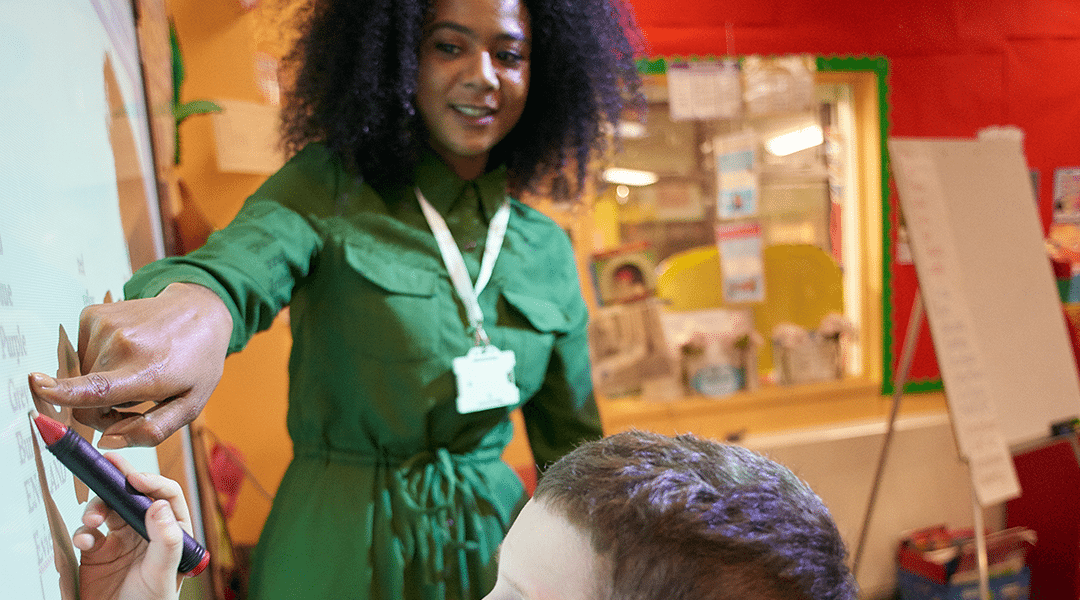
After years of being blamed for the problems in schools, teachers are now being held up as victims of a broken system. How did the pendulum swing so quickly?
For years, teachers continually heard the message that they were the root of problems in schools. But in a matter of months, the public narrative has shifted: The nation is increasingly concerned about teachers’ low salaries and challenging working conditions.
Teachers, it seems, are no longer bad actors ruining schools—they’re victims of an unfair system, and the only hope for saving kids.
Before, “there seemed to be a lot of teacher blaming going on,” said David Labaree, a professor emeritus at the Stanford Graduate School of Education. “You now see a surprising degree of growing sympathy for teachers.”
Of course, the recent wave of teacher walkouts and protests, which were mainly driven at the grassroots level by individual teachers rather than unions, helped catalyze new feelings about the profession. But other factors played roles as well: Social media offered more visibility into teachers’ lives, from the second jobs some work to make ends meet to their out-of-pocket spending for classroom supplies. Evidence emerged that teacher-quality initiatives centered on student testing—which had become unpopular—haven’t worked. Even the election of President Donald Trump, which spurred a growing wave of activism across the country, has had an impact…
Read the full article here. May require an Education Week subscription.

